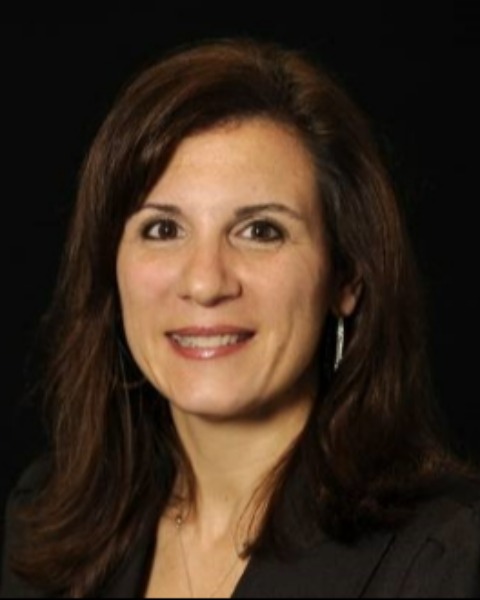Policy Analysis
PThC2 - Next Steps in Mental Health Services - Health Center Strategies for Sustainable Expansion
Thursday, February 6, 2025
9:30 AM - 10:30 AM ET
Location: Shaw/LeDroit Park (M3)
Knowledge Level: Basic
CPE: 1.2
CME: 1.0
CE: 1.0
CEU: 1.0
CPE: 1.2
CME: 1.0
CE: 1.0
CEU: 1.0
Session Description: As the communities and populations served by health centers continue to experience increased need for mental health and substance use disorder services, Congress has appropriated several federal funding opportunities in recent years to address this need, many of which have been utilized by health centers such as HRSA’s behavioral health service expansion funding where over 800 health centers applied. Simultaneously, federal funding has supported the establishment of new infrastructure such as the 988 crisis lifeline, support for crisis intervention centers, and the expansion of the Certified Community Behavioral Health Clinic (CCBHC) model, with health centers serving as both providers and partners for expanding behavioral health crisis response services and comprehensive, coordinated mental health and substance use services across the lifespan.
While increasing access, health centers must be prepared to sustain these expanded behavioral health services following expiration of grant funding. Join this session for an opportunity to gain an understanding of how to maximize reimbursement opportunities in the existing landscape, advocacy strategies to implement systems-level reimbursement policies that will support continued access to these services and other strategies to navigate the operational needs for behavioral health services. This panel discussion will help health centers to be strategic and forward-thinking in how to navigate the medical and administrative needs of implementation and integration around these services.
While increasing access, health centers must be prepared to sustain these expanded behavioral health services following expiration of grant funding. Join this session for an opportunity to gain an understanding of how to maximize reimbursement opportunities in the existing landscape, advocacy strategies to implement systems-level reimbursement policies that will support continued access to these services and other strategies to navigate the operational needs for behavioral health services. This panel discussion will help health centers to be strategic and forward-thinking in how to navigate the medical and administrative needs of implementation and integration around these services.
Learning Objectives:
- Understand the federal and state opportunities to maximize reimbursement for expanded behavioral health services.
- Recognize opportunities to advocate for state-level policies that will support sustainability of expanded behavioral health services to improve health equity and whole-person care.
- Describe strategies and challenges for health centers to implement sustainable pathways to integrate primary and behavioral health services.

Dolores Di Re, MA (she/her/hers)
Senior Manager
CohnReznick LLP
Erin Prendergast, MPH
Deputy Director, Federal Policy
NACHC
Aparna Mekala, MPH
Principal
CohnReznick
